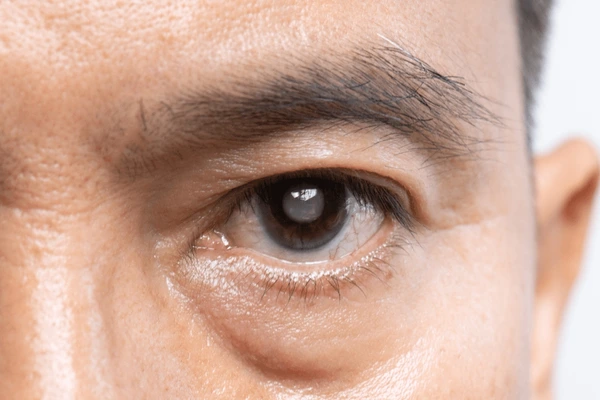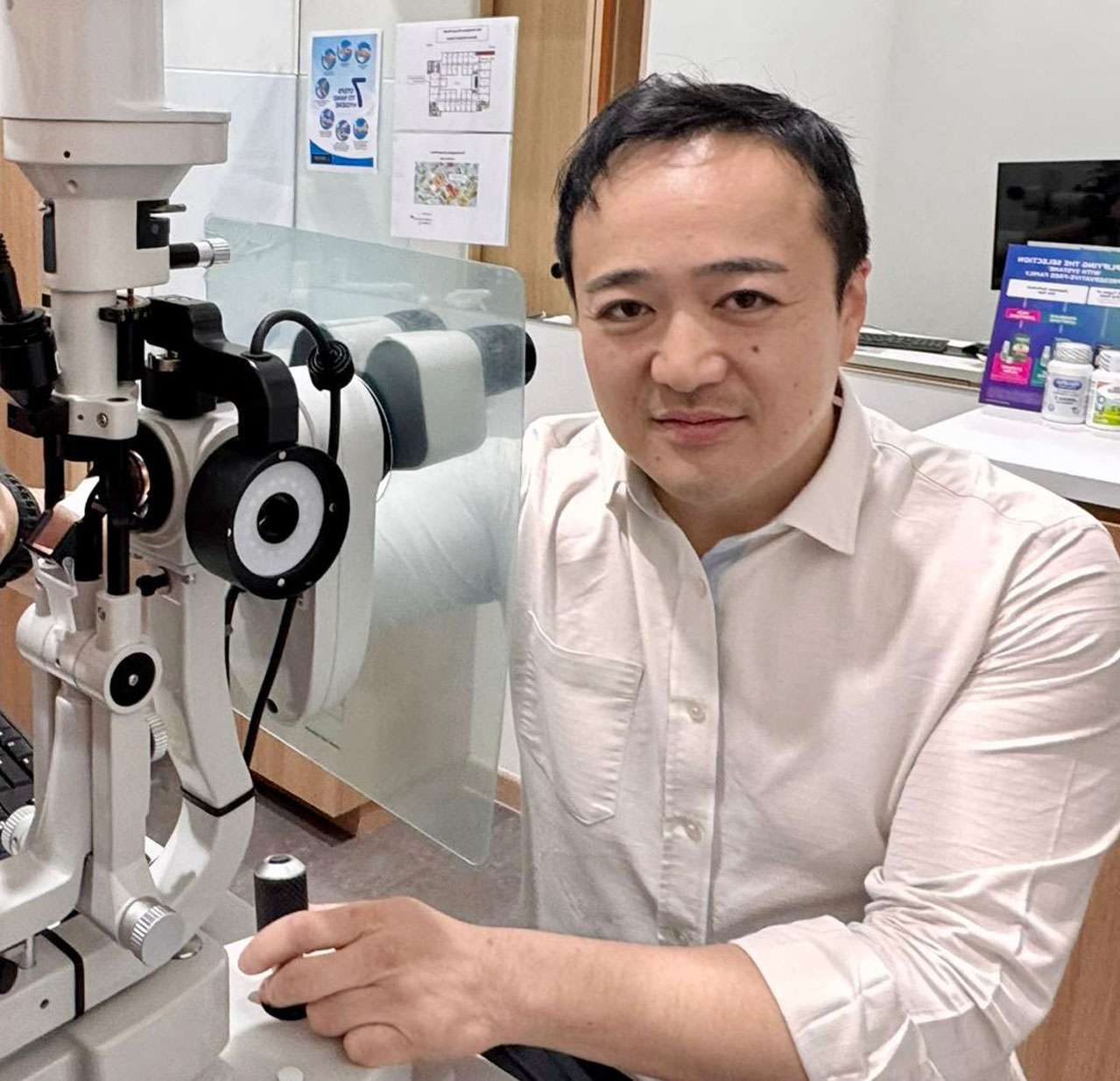Slowing the Progression of Short-Sightedness in Children and Teens
If your child has been squinting at distant signs, holding books too close, or struggling with vision in class, they may be developing myopia (short-sightedness). While glasses or contact lenses can correct blurred distance vision, the concern for many parents is how quickly their child’s myopia worsens. High myopia increases the risk of serious eye complications later in life, including retinal detachment, glaucoma, and macular degeneration.
At London Eye & Retina, we focus not just on correcting vision, but on slowing the progression of myopia through evidence-based methods and long-term monitoring.
Understanding Myopia
Myopia occurs when the eye grows too long from front to back, causing light to focus in front of the retina instead of on it. This leads to blurry distance vision, while near vision often remains clear.
Myopia typically begins in school-aged children and tends to progress during the teenage years. Early intervention can reduce the long-term risk of high myopia and related complications.
Why Is Myopia on the Rise in Singapore?
Several environmental and lifestyle factors contribute to rising rates of myopia, including:
- Prolonged near work (e.g., reading, tablets, mobile phones)
- Limited time outdoors
- Genetics, higher risk if one or both parents are myopic
- Urban living environments with less exposure to natural light
Signs Your Child May Be Developing Myopia
Squinting to see clearly at a distance
Sitting too close to screens or TVs
Complaints of headaches or eye strain
Blurred vision at school
Holding reading material very close
Early screening can catch myopia before it progresses rapidly.
Myopia Control Options Available
At London Eye & Retina, we offer a range of scientifically supported interventions to help slow the growth of the eye and reduce long-term myopia risks:
1. Atropine Eye Drops (Low-Dose)
A nightly eye drop that slows eye elongation. Well-tolerated and safe with minimal side effects.
2. Orthokeratology (Ortho-K) Lenses
Special contact lenses are worn overnight to reshape the cornea temporarily. Offers daytime freedom from glasses and slows progression.
3. Myopia Control Spectacles
Special lens designs (e.g., DIMS lenses) that offer both clear vision and treatment effect.
4. Multifocal Soft Contact Lenses
Daytime wear lenses with zones to reduce eye growth stimulus.
Lifestyle Strategies That Support Myopia Control
- Encourage outdoor play: Aim for at least 2 hours daily in natural light
- Reduce screen time and near work: Breaks every 30 minutes using the 20-20-20 rule (look 20 feet away for 20 seconds every 20 minutes)
- Proper reading habits: Good lighting, posture, and appropriate screen distance
- Regular eye checks: Every 6–12 months or as advised by your optometrist or ophthalmologist
Myopia Can Be Managed
Myopia is a growing concern in Singapore, but it doesn’t have to progress unchecked. With early intervention, ongoing monitoring, and the right treatment plan, you can help your child maintain healthy vision for life.
Schedule a consultation with Dr. James Ng at London Eye & Retina and explore your options for clearer, sharper sight.
Let us support your family in managing and slowing the impact of myopia, one step at a time.


